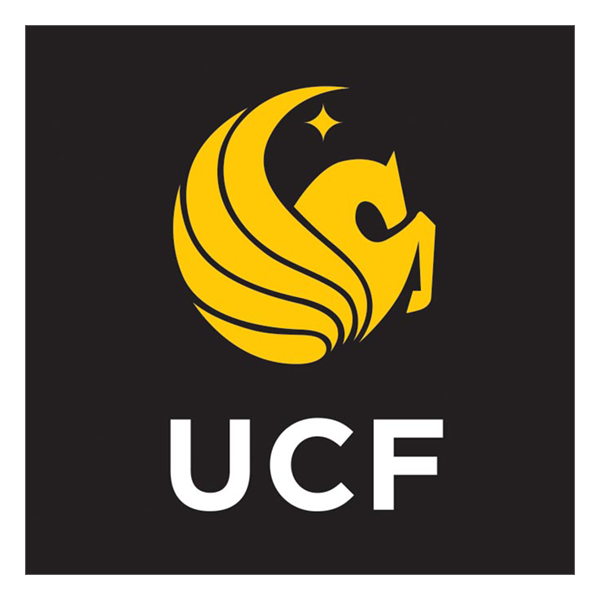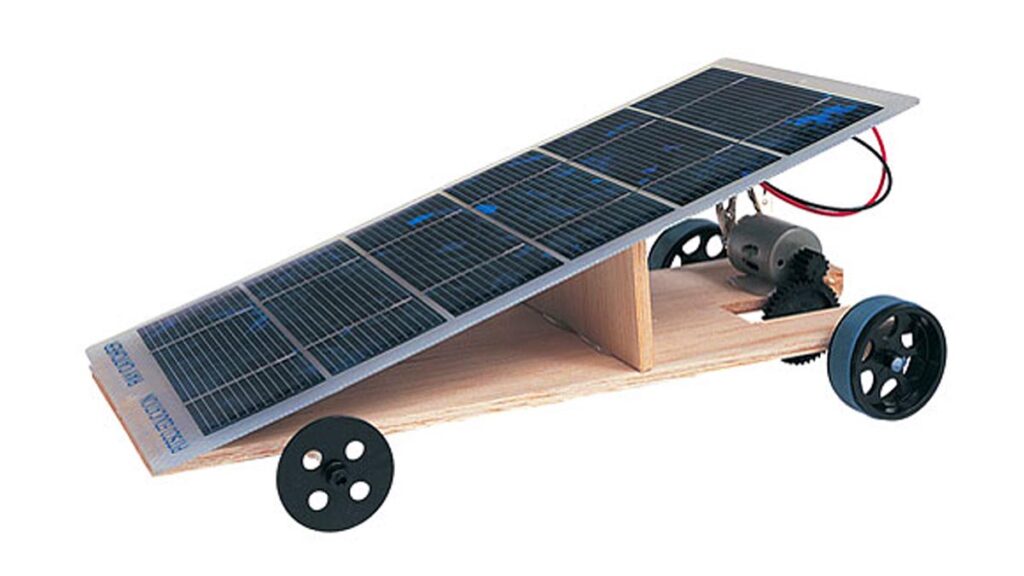More than 300 students and teachers from throughout Florida participated in the 2007 EnergyWhiz Olympics at the Florida Solar Energy Center on Saturday, May 12. Events included solar car races, hydrogen fuel cell vehicle races, a photovoltaic design competition called “Energy Innovations” and a solar-powered boat demonstration.
Junior Solar Sprint
Students from elementary through high schools took part in the alternative fuel competitions. The largest event, with 61 teams, was the Junior Solar Sprint. Middle-school students designed and built model-sized, solar-powered vehicles, which they raced during the competition. Awards were given to the top performing vehicles based on design, quality of craftsmanship, innovation and speed.
Junior Solar Sprint (JSS) is a competition for middle school students to create the fastest, most interesting and best crafted solar-vehicle possible.

JSS is an educational program for 5th through 8th grade students with the goal of creating the fastest, most interesting and best crafted solar-vehicle possible. Students will design, build and race solar powered cars using hands-on engineering skills and principles of science and math, develop teamwork and problem solving abilities, investigate environmental issues and gain hands-on STEM skills. To register, scroll to the map and click on the link in your state to get started today!
Get more info at usaeop.com/program/jss
Eight returning teams that scored the highest in an academic bowl held in April participated in the Middle School Science Bowl Hands-on Hydrogen competition, the second part of the Southeast Regional Science Bowl. The finalists were required to design and build a hydrogen fuel cell vehicle to qualify for the National Science Bowl competition. The top academic team, Lincoln Middle School from Gainesville, will represent the Southeastern United States in the national competition to be held in June in Denver.
The High School Hydrogen Sprint competition demonstrated to the students the potential of hydrogen as an alternative fuel source. This program also allowed graduates of the Junior Solar Sprint to continue designing and building alternative-fueled vehicles. The 11 participating high school teams designed and built the hydrogen fuel cell vehicles they raced. The teams also presented 10-minute lessons on a variety of hydrogen research topics.
In the newest competition, “Energy Innovations,” teams from across Florida developed full-scale working solar electric designs. In addition, these middle and high school students developed marketing and promotional materials to educate consumers about the students’ engineering achievements.
“Energy Innovations is a real-world design competition,” said Susan Schleith, education coordinator for FSEC. “The program was a collaborative effort between BP Solar, the Florida Solar Energy Research and Education Foundation and the Florida Solar Energy Center. BP donated more than 15 photovoltaic arrays to FlaSEREF, which collaborated with FSEC to distribute the systems to schools throughout Florida through the EnergyWhiz program.”
Also featured were a solar boat demonstration and Exemplary Projects in Energy and Conservation (EPEC). These award-winning science fair projects produced by local students all had a renewable energy or conservation theme.
EnergyWhiz Statistics
- 283 students
- 43 teachers
- 61 Junior Solar Sprint teams
- 10 Hydrogen Teams
- 7 Science Bowl – Hands-on Hydrogen Teams
- 4 Energy Innovations Teams

The Florida Solar Energy Center, a research institute of the University of Central Florida, is the largest and most active state-supported energy research center in the country. Current research activities include solar water and pool heating, solar electric and distributed generation systems, energy-efficient buildings, alternative transportation systems, hydrogen fuel and fuel cells.
For more information, visit energyresearch.ucf.edu
